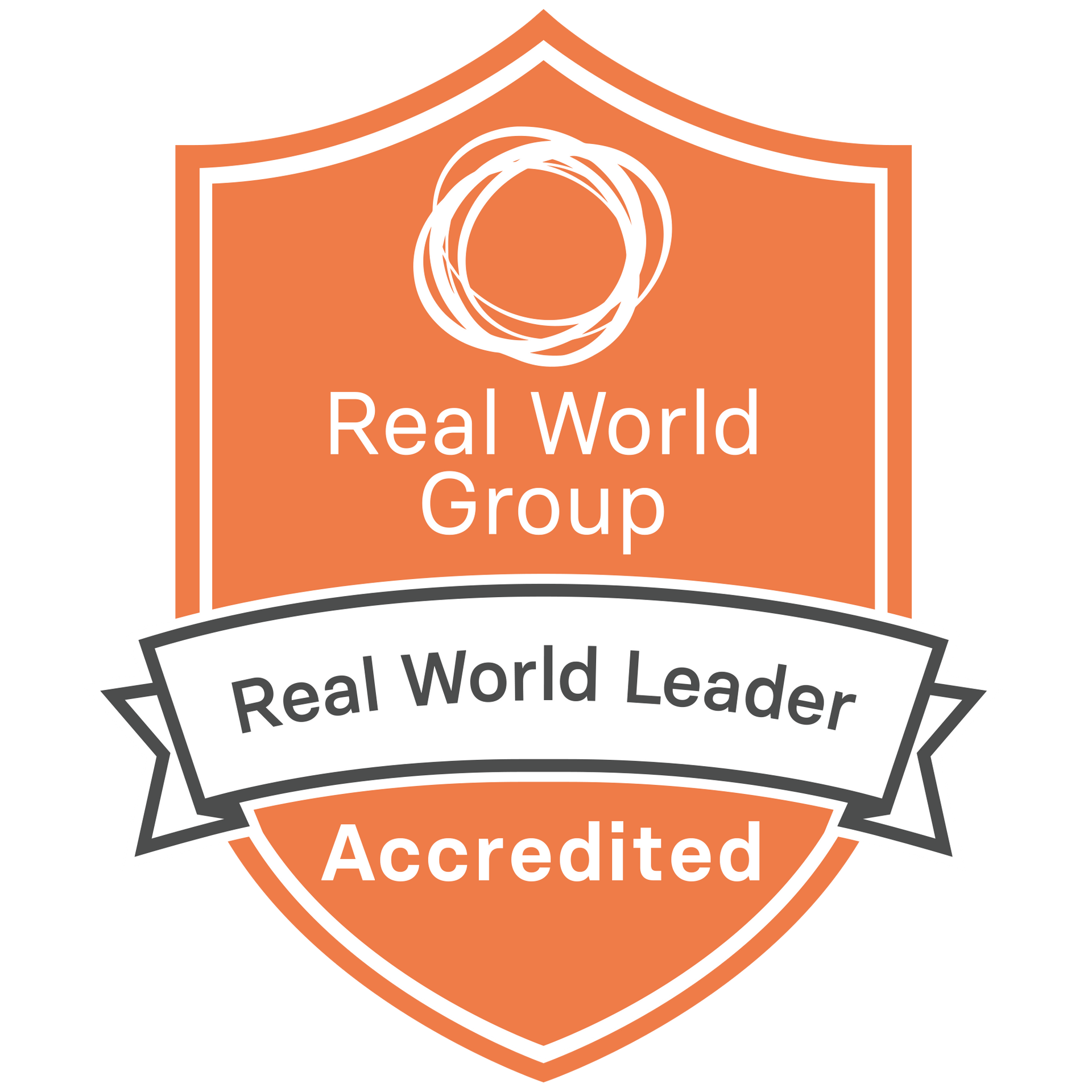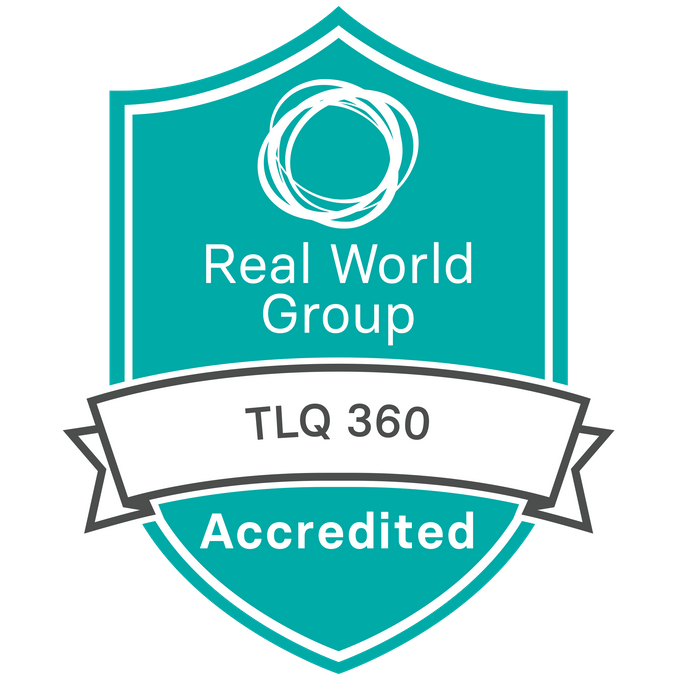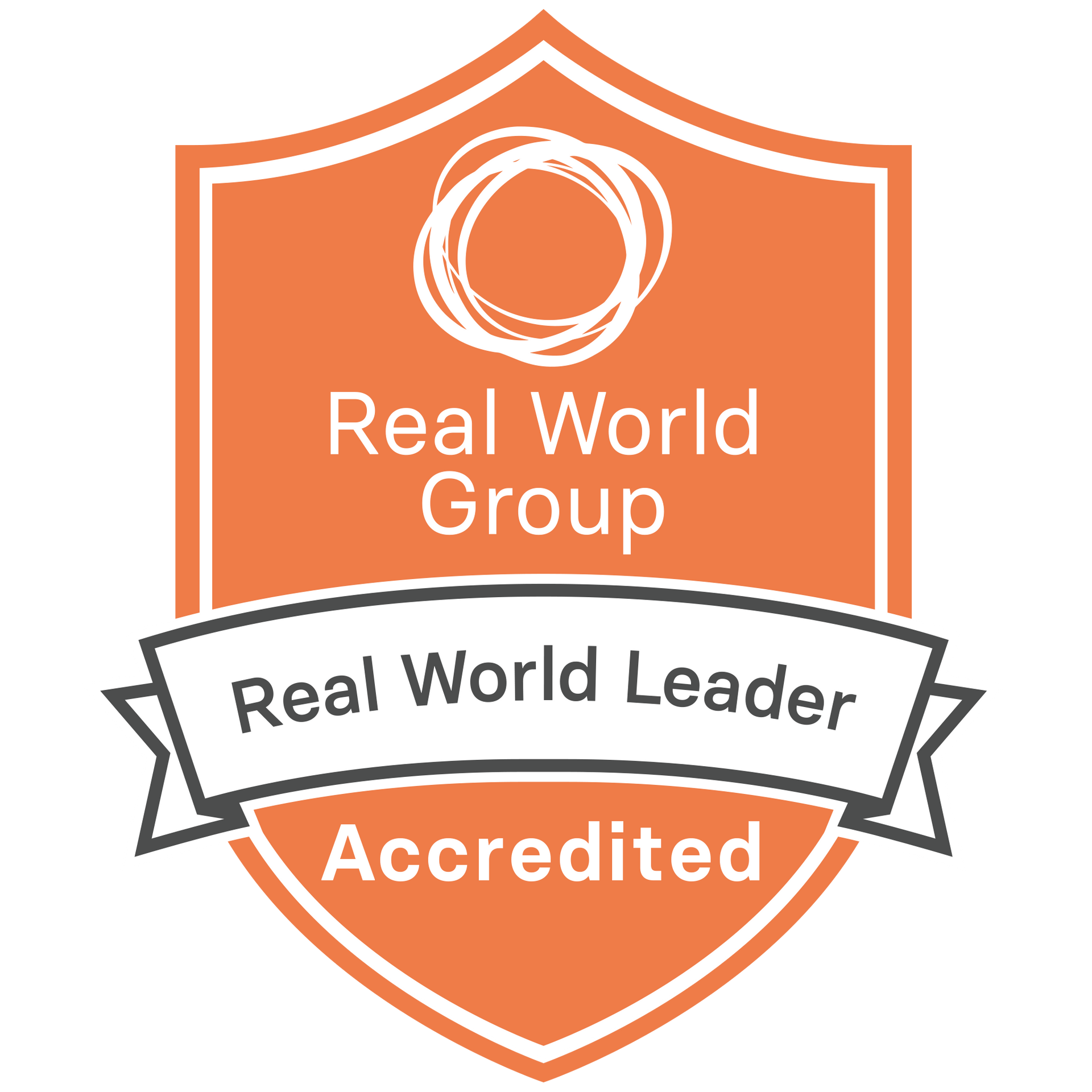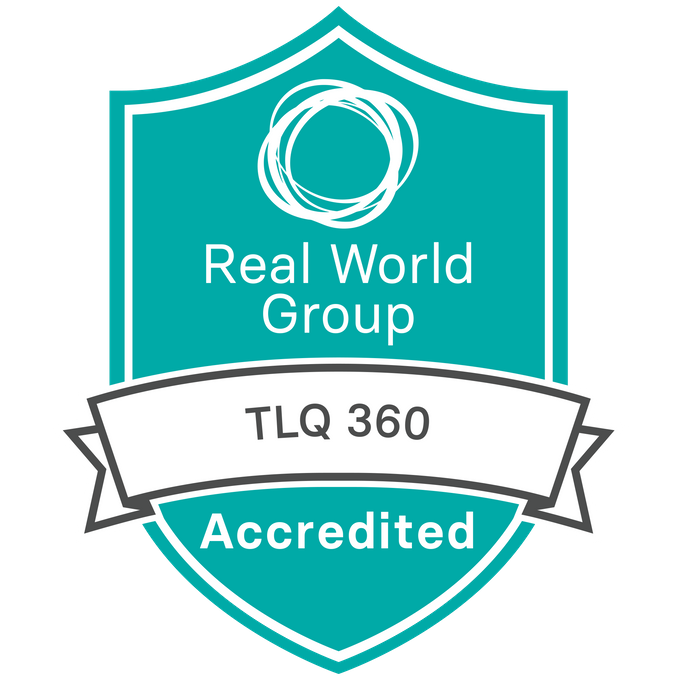Is your team really a team?
- By Sian Taylor
- •
- 26 Feb, 2019
- •
Building a team

Do you find yourself wondering if your team is really a team?
That sometimes it feels like it's more a collection of people, a group, with everyone working to their own agendas. That sometimes this overlaps with what you're aiming to achieve, but often it seems like they do their own thing, in their own way, for their own purpose.
And does it actually matter what you’re collectively called?
Perhaps it’s not immediately obvious, but sometimes tensions and frustrations arise when some of you think you’re part of a team and yet not everyone is pulling their weight.
Getting a different perspective might help you understand whether you’re part of a team or a group of people.
Try the quick quiz below answering yes or no to the questions below:
1. Do you and your colleagues have complimentary skills and experience?
2. Do you share information and perspectives?
3. Do you have a clear purpose which is shared by everyone?
4. Do you independently plan work and solve problems?
5. Is your focus on your own challenges?
6. Do you make decisions collectively with colleagues?
7. Will you be measured by your individual efforts and outcomes?
8. Do you share accountability for the success in achieving goals?
So what balance of Gs to Ts did you get?
The more Gs you scored the more likely you are to be part of a group, as these questions highlight characteristics of groups
The more Ts you scored the more likely you are to be part of a team, as these questions highlight characteristics of teams
And what if you got a mixed set of answers?
Teams are defined by:
· Shared purpose and goals
· Complimentary skills and experience across team members
· Individual and shared accountability
· Dependency, where team members are interdependent on each other
· Shared planning, problem-solving and decision making
· Collective performance and outcomes are measured (rather than individual achievements)
· Leadership is shared
Are some of the elements outlined above are missing?
Perhaps whilst on paper all the elements are present, in reality the team don’t come together and work as a team?
There may be a multitude of reasons why the team may not be working as coherently as it could. Maybe individual team members are part of multiple different teams and these have competing priorities for those individuals. Maybe a lack of trust means that individuals who should depend on one another don’t feel that they can. Maybe accountability for outcomes is not shared equally, or that the impact of success or failure is greater for some team members than for others.
Identifying what may be missing or competing is the first step in being able to begin to address it and start to bring the team more closely together.
To score:
If you’ve answered ‘yes’ to questions 2, 4, 5 and 7 then mark as G
If you’ve answered ‘yes’ to questions 1, 3, 6 and 8 then mark as T
Sign up and you'll receive an email each time I post on my blog.
I'll also let you know when I have other things you may be interested in, such as leadership resources, and when I have coaching offers that may interest you.













